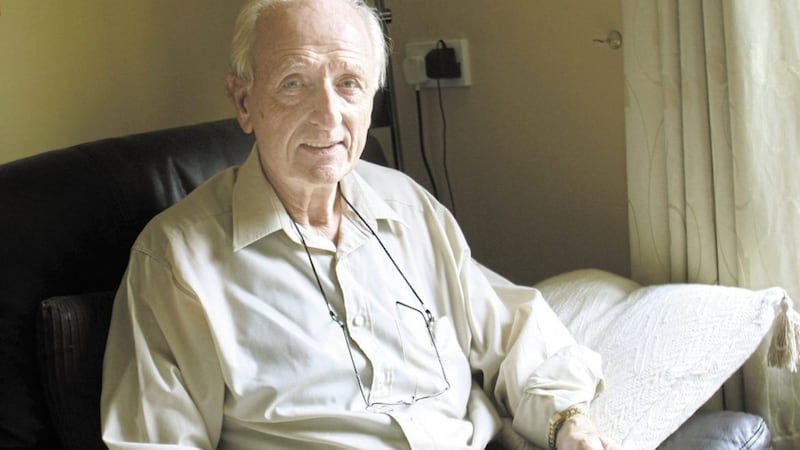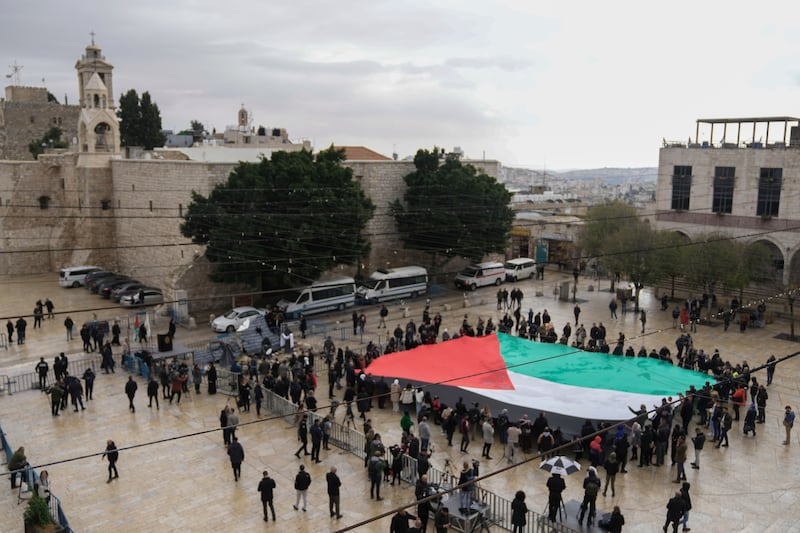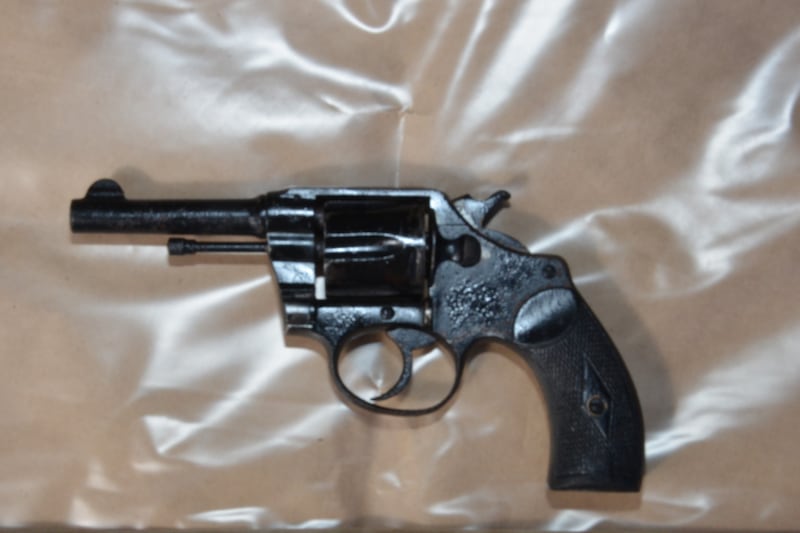ONE of the organisers of the October 5 1968 civil rights march in Derry is to mark the 50th anniversary of the protest with a “walk of atonement” for the thousands of victims of the Troubles.
Eamon Melaugh (86) was a founding member of the Derry Housing Action Committee and the Derry Unemployed Action Committee in 1968 when he helped organise the civil rights march along with activists Eamonn McCann and Fionnbarra O Dochartaigh.
The 1968 march is seen by many commentators as marking the start of the Troubles. The demonstration was baton charged by police after it was banned by the Stormont government.
Television footage of three British Labour Party MPs being attacked by police as well as coverage of West Belfast MP Gerry Fitt suffering from a police-inflicted head injury focused an international spotlight on Northern Ireland for the first time.
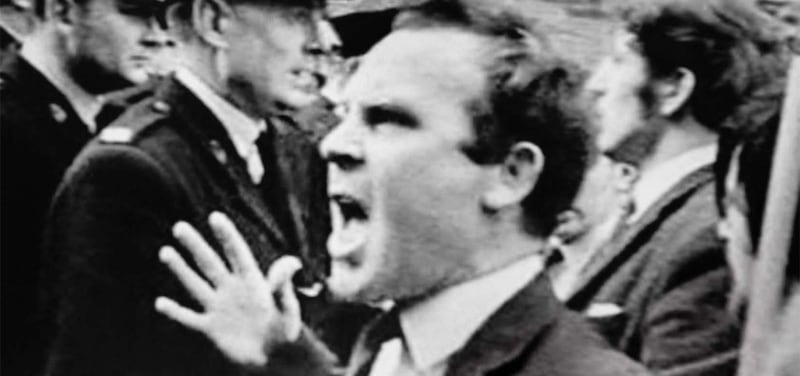
Read more:
- Media attention on October 5 1968 changed Ireland forever
- Businessman was attacked while trying to negotiate with RUC during civil rights march
- President Michael D Higgins to address civil rights commemoration
Eamon Melaugh sets off on his walk of atonement pic.twitter.com/xz4tckHYRB
— Seamus McKinney (@s1eamus) October 5, 2018
Mr Melaugh said he that while he has never regretted his role in organising the 1968 march, he has always regretted the violence which followed, no matter who was responsible.
In a talk at the Museum of Free Derry marking the 50th anniversary, Mr Melaugh said he was always a committed pacifist.
He described as “heart-breaking” the thousands of people killed and maimed in the Troubles.
He said: “It was a dreadful price. There was no need for anyone to die.”
Mr Melaugh said he intends re-tracing the route of the original march today starting from Derry’s Waterside railway station at 3.30pm and ending at The Diamond as the original demonstration had intended.
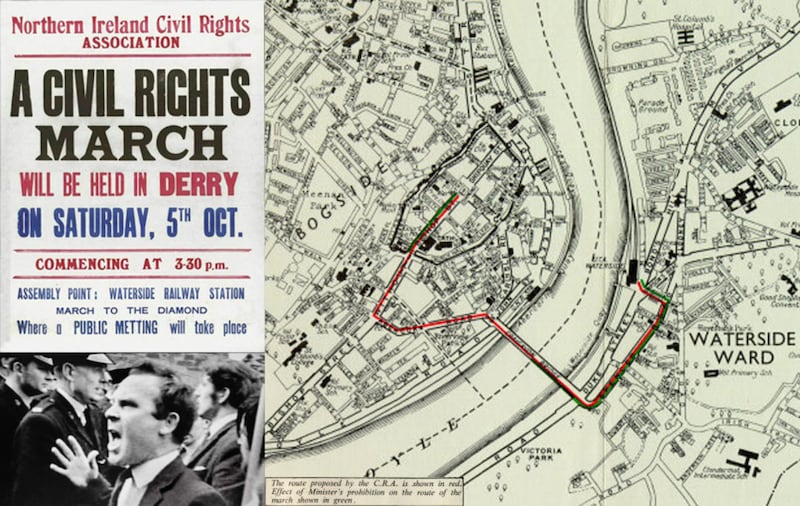
He said he would walk on the footpath and did not anticipate a large crowd.
“It is my walk of atonement for the people who died afterwards and the 40,000 who were injured,” Mr Melaugh said.
Read more:
- Official report severely criticised police actions on day of civil rights march
- Altnagelvin hospital was like a war zone following October 5 Civil Rights march
